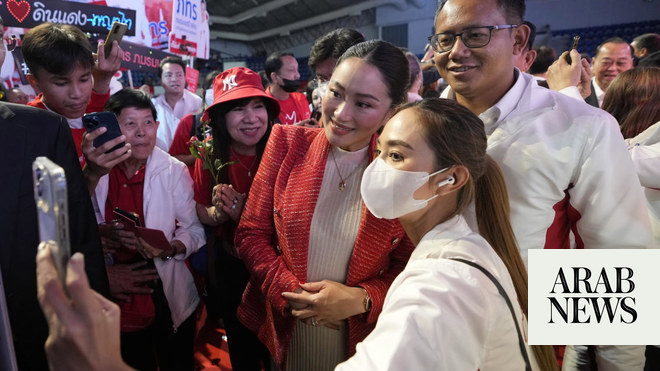
AMMAN (Reuters) - Jordan’s King Abdullah dissolved parliament on Sunday, officials said, paving the way for an election in November at a time of rising popular discontent over worsening economic conditions and curbs on public freedoms under emergency laws.
FILE PHOTO: King of Jordan Abdullah II addresses the European Parliament in Strasbourg, France January 15, 2020. REUTERS/Vincent Kessler/File Photo
Under constitutional rules, the government must resign within a week.
In July, Jordan’s electoral commission set Nov. 10 as the date for a parliamentary election after the monarch called for countrywide polls to be held at the end of the parliament’s four-year term.
The king issued a royal edict ordering the dissolution of parliament, effective Sunday. The assembly comprises 130 lawmakers, mainly pro-government tribal officials, businessmen and ex-security officials.
The move is likely to be followed by a wider government shake-up to ward off popular disenchantment over economic hardship worsened by the economic blow dealt by COVID-19 and over allegations of official corruption.
Advertisement
Jordan’s economy is expected to shrink by 6% this year as it grapples with its worst economic crisis in many years, with unemployment and poverty aggravated by the pandemic.”Citizens have lost confidence in this government,” said Munzir al Huwarat, a political analyst.
Liberal and independent politicians say the government has used emergency laws enacted last March at the start of the coronavirus lockdown to limit civil and political rights.
The authorities have arrested hundreds of teacher activists after dissolving their opposition-led elected union last July and detained scores of dissidents for criticism on social media.
King Abdullah appointed Prime Minister Omar al Razzaz in the summer of 2018 to defuse the biggest protests in years over tax increases pushed by the International Monetary Fund (IMF) to reduce Jordan’s large public debt.
Advertisement
The elections will be held under an existing system that limits the representation of those of Palestinian origin in favour of native Jordanians who are the backbone of the country’s political establishment.
Jordan’s main political opposition comes from the Muslim Brotherhood movement but it faces legal curbs on its activities, leaving mostly pro-monarchy parties and some independent Islamists and politicians to compete in these elections, political analysts say.
Constitutionally, most powers rest with the king, who appoints governments and approves legislation.











